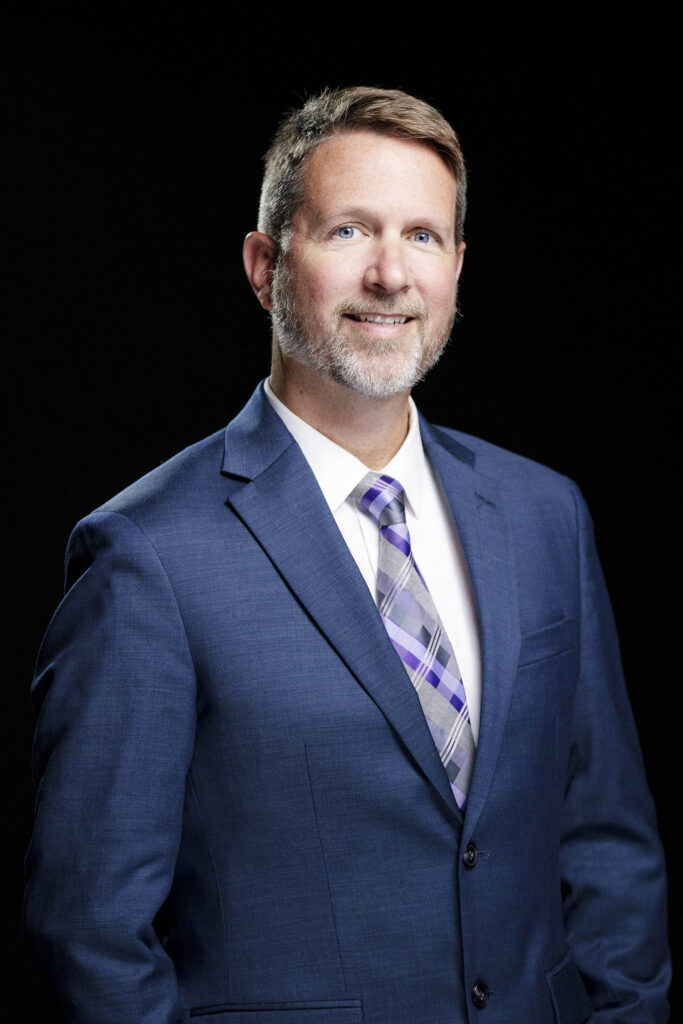An interview with Dr. Keith N. Darrow, Neuroscientist and Certified Dementia Practitioner, on how early hearing loss treatment can help prevent cognitive decline.
Although hearing loss is one of the most common chronic conditions associated with aging, it remains one of the least treated. According to new reports, over 100 million adults suffer with some form of difficulty hearing - most often recognized as difficulty following a conversation, or hearing others, in background noise. Yet less than 10% receive appropriate treatment. Increasingly, evidence shows that this gap in care is not just a quality-of-life issue but a medical one, directly linked to an elevated risk of cognitive decline and dementia.
To better understand the implications and the opportunity for prevention, (Excellence In Audiology) spoke with Keith N. Darrow, PhD, neuroscientist, clinical audiologist, and Certified Dementia Practitioner.
“Hearing loss is not benign. It’s a medical issue with brain-based consequences.”
“Hearing loss is not just a nuisance,” says Dr. Darrow. “It’s one of the most potent, yet under-recognized, risk factors for cognitive decline. And most of it is entirely treatable—especially when caught early.”
Dr. Darrow notes that despite growing awareness of the connection between hearing loss and dementia, many primary care providers still do not incorporate hearing screenings into routine aging care. The result: patients live with untreated hearing loss —allowing neural atrophy, social withdrawal, and cognitive burden to build unchecked.
“Most people think of hearing loss as a communication issue,” he says. “But it’s also about how the brain processes sound. When you treat the hearing loss, you’re giving the brain back the information it needs to function properly.”
Untreated hearing loss: A major modifiable risk factor for dementia
A growing body of research, including data from the Lancet Commission and the ACHIEVE trial from Johns Hopkins, links hearing loss with increased dementia risk. In fact, hearing loss is now recognized as the single largest modifiable risk factor for dementia.
According to Dr. Darrow, this presents an unprecedented opportunity in aging care.
“We can’t change a person’s age or genetics. But we can treat their hearing loss,” he says. “And when we do, we consistently see improvements in memory, executive function, and overall brain resilience.”
In one of Dr. Darrow’s recent clinical programs, patients who began medical treatment for hearing loss showed statistically significant gains in cognitive testing as early as 60 days post-treatment—gains that were sustained at one-year follow-up.
Replacing outdated hearing solutions with brain-focused care
For decades, hearing loss treatment has centered on generic amplification—simple devices that make sounds louder but do little to support how the brain processes those sounds. Even with the recent surge in over-the-counter (OTC) hearing aids, many patients remain underserved by technology that lacks medical oversight, customization, or neurological benefit.
“We’re not just treating the ear—we’re treating the brain,” says Dr. Darrow. “And that requires more than just turning up the volume.”
Prescription-grade NeuroTechnology™ offers a fundamentally different approach. These systems are designed to deliver precise auditory stimulation that supports both the peripheral hearing system and the central auditory pathways. They are prescribed, fitted and programmed by trained clinicians, as part of a comprehensive brain-health strategy.
Unlike traditional amplifiers or OTC devices—which often fail to address the clarity, cognitive effort, or neural fatigue associated with hearing loss—NeuroTechnology™ is tailored to each patient’s neurological and lifestyle needs.
“These are not commodity products,” Dr. Darrow emphasizes. “They’re medically prescribed systems that retrain the brain, improve speech clarity, reduce listening effort, and may play a critical role in preventing cognitive decline.”
This evolution in treatment reflects current clinical guidelines from organizations like the American Academy of Otolaryngology–Head and Neck Surgery (AAO-HNS), which increasingly promote patient-centered, brain-focused care as the gold standard for managing age-related hearing loss.
Shifting the standard of care
Dr. Darrow emphasizes the importance of interdisciplinary collaboration to close the treatment gap. Geriatricians, neurologists, primary care providers, and audiologists must all take part in identifying and managing hearing loss before it leads to more serious consequences.
“This is not about selling devices. It’s about improving outcomes,” he says. “Every provider who works with older adults should view hearing healthcare as part of dementia prevention.”
He also calls on his fellow audiologists to lead the change: “It’s time for our field to step up. The science is clear, the tools are available, and our patients can’t afford to wait.”
Getting started with proactive care
For healthcare providers looking to integrate hearing health into cognitive wellness care, Dr. Darrow offers a simple first step: begin with a quantifiable evaluation.
“Every patient over 50 should know their stage of hearing loss, just like they know their blood pressure or cholesterol,” he says.
To facilitate this, Dr. Darrow has launched theExcellenceInAudiology.org, a free resource that helps patients connect with certified and trained hearing healthcare clinicians to provide patients with with evidence-based treatment options.
“The earlier we act, the more brain we save,” he concludes.
About Dr. Keith N. Darrow
Dr. Darrow is a Harvard Medical School and M.I.T. trained neuroscientist, clinical audiologist, and Certified Dementia Practitioner. He is the author of Preventing Decline and NeuroTechnology for Tinnitus, and serves as the Director of the Excellence in Audiology network. His clinical mission is to help older adults preserve cognitive function and quality of life through early hearing loss treatment.

Leave a Reply